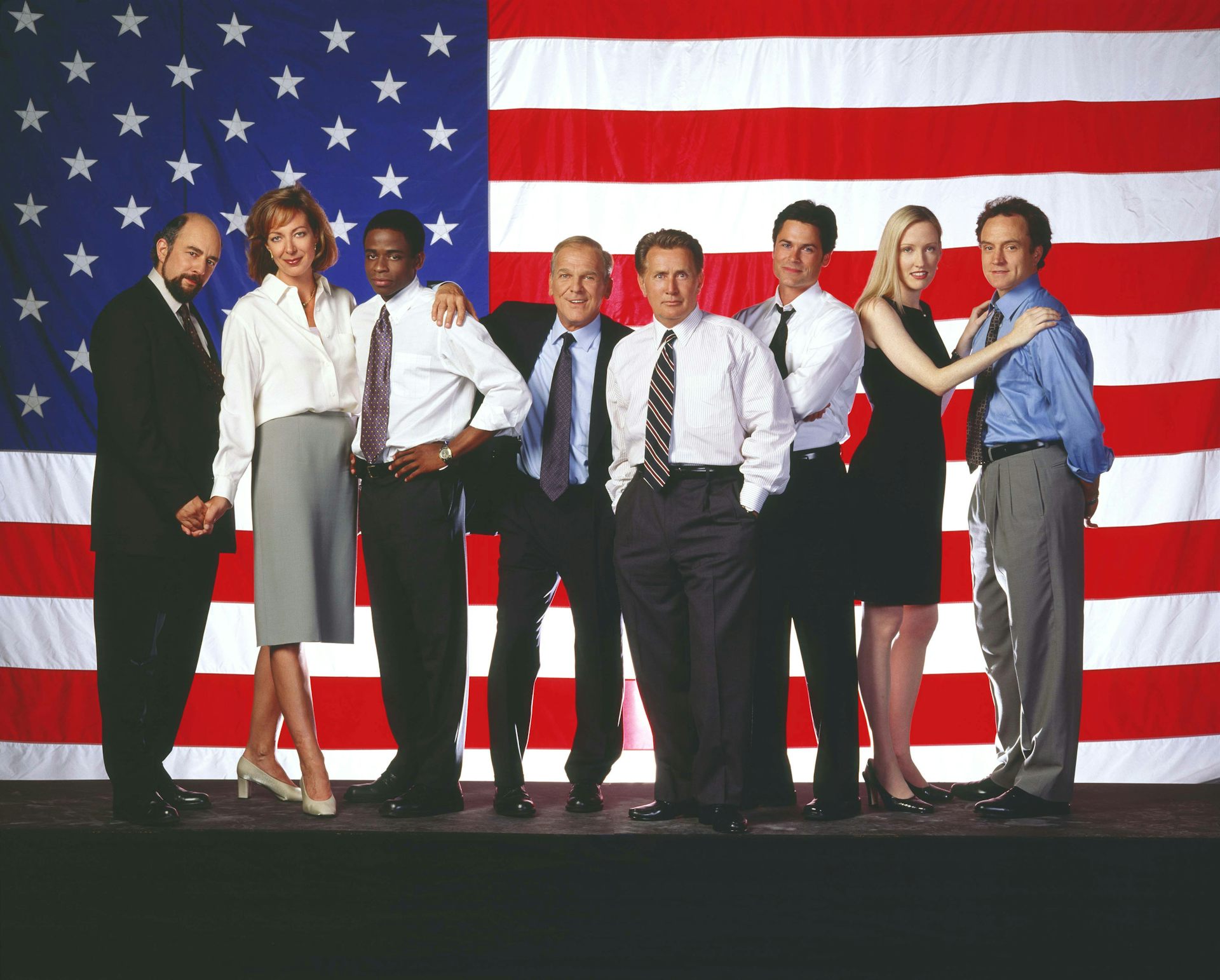Trump's trade policy is unlikely to deliver big wins for US workers
The Trump administration's new deal with China, which won't benefit many workers, shows the pitfalls of pursuing bilateral agreements at the expense of multilateral ones like NAFTA.

The Trump administration recently notched two wins for its international trade strategy, hailing both as big gains for U.S. workers.
The first was the confirmation of Robert Lighthizer on May 11 as U.S. trade representative (USTR). This was a key step toward President Donald Trump’s vow to renegotiate NAFTA.
That same day, the White House announced progress in opening up the Chinese market for U.S. card payment service companies, such as Visa, as well as American beef producers.
While both of these events represent positive if small steps forward, they also symbolize the administration’s problematic approach to trade: The U.S. will pursue bilateral deals, like the one with China, at the expense of multilateral pacts such as NAFTA.
As an economist studying international trade, I’m skeptical that incremental, bilateral negotiations will reap significant rewards for American workers, particularly the kind Trump has promised.
A push for bilateralism
One of Lighthizer’s first duties as USTR will be to renegotiate NAFTA with the aim of delivering the president’s “better deal.”
Senators confirmed Lighthizer by an 82-14 vote, suggesting that there is bipartisan support for Trump’s preference for bilateral deals over multilateral ones. And Lighthizer is in many ways the ideal candidate for the job.
As deputy U.S. trade representative under President Ronald Reagan in the 1980s, he helped negotiate bilateral agreements to restrict Japanese imports and open up their markets to U.S. businesses. These deals were seen at the time as important victories for U.S. manufacturers, demonstrating the value of a USTR committed to bilateral negotiations in order to secure strong protections for American businesses.
Today, China is the new Japan: a rapidly growing, manufacturing-oriented economy that threatens the global economic status quo. As a battle-tested free-trade skeptic, Lighthizer should be an effective advocate for the protectionist policies that the Trump administration has championed and is likely to do so following the bilateral blueprint he used under Reagan.

Reasons for skepticism
But whether a revised NAFTA or any new bilateral agreement negotiated by Lighthizer ends up being good for U.S. workers remains to be seen, and we should be skeptical.
The China deal consisted of a reaffirmation of a September agreement to allow U.S. beef producers access to Chinese markets, which Secretary of Commerce Wilbur Ross hailed as “very big news.”
But while the news was big in terms of how much beef may be sold to China in coming years, it is unlikely to do much for U.S. workers. U.S. beef production directly employs fewer than 4,000 workers and indirectly employs perhaps upward of 65,000, numbers so small as to be irrelevant.
In addition, the administration completed a deal that will allow U.S. payment transaction companies to operate in China. But again, these companies employ merely 130,000 U.S. workers. To put that into perspective, the net number of jobs created every month in the U.S. (the difference between jobs created and jobs destroyed) is around 200,000.

Not an ideal negotiating strategy
The irony is that, despite the Trump administration’s focus on the jobs impact of trade agreements, bilateral deals are less likely to have a big impact on workers. This is because these agreements tend to be a boon for some businesses – those for whom the new market is important – while having only indirect effects on others.
As a result, powerful companies with influential lobbying arms are better able to promote their interests within this type of setting, and the limited scale of the negotiations means that these businesses’ interests often come at the expense of others. Thus, less influential industries, and their workers, lose out. For instance, the U.S. still faces high Chinese trade barriers on insurance products, a sector that employs over 2.3 million U.S. workers.
In fact, this is one of the primary arguments for wide-ranging, multilateral trade negotiations of the type that the Trump administration dislikes. Though such negotiations also have downsides, when deal-making involves multiple countries and many industries, it becomes less likely that any single interest group will prevail at the expense of others.
In other words, agreements such as those that led to the World Trade Organization, which Trump derides, were specifically designed to overcome this kind of corruption of the political process that allows narrow, powerful corporate interests to buy their way into the negotiation process.
Eye on the ball
There is also a large cost to abandoning or significantly revising multilateral trade accords like NAFTA.
While NAFTA has undoubtedly led to the availability of cheaper products for U.S. consumers, it has simultaneously been bad for many U.S. workers. However, in this case the harm has already been done and any significant disruption of the existing agreement would be costly, both economically and politically.
For instance, about 60 percent of NAFTA trade goes by truck, a sector that employs 3.5 million U.S. workers. So a disruption to NAFTA supply chains would clearly have severe economic consequences for truck drivers.
It is undeniably good for the U.S. to sell more beef and payment transaction services to the Chinese. And renegotiating NAFTA could be welfare improving for all involved if done right. But attempts to negotiate specific deals that impact narrow interest groups rarely lead to large overall gains for workers.
The key will be whether this populist president can keep his eye on the ball and what really matters – the American worker – and not get distracted by the lure of corporate rent-seekers.
Greg Wright does not work for, consult, own shares in or receive funding from any company or organization that would benefit from this article, and has disclosed no relevant affiliations beyond the academic appointment above.
Read These Next
Philadelphia was once a sweet spot for chocolatiers and other candymakers who made iconic treats for
Goldenberg’s Peanut Chews, Goobers and Whitman’s Sampler boxes of chocolates are just a few confectionary…
How the law can add to child sex trafficking victims’ existing trauma
State law aimed at protecting sexually trafficked children can cause more harm than good by identifying…
Why ‘The West Wing’ went from a bipartisan hit to a polarized streaming comfort watch over 2 decades
‘The West Wing’s’ transition from broadcast TV behemoth to ‘bittersweet comfort watch’ in…





